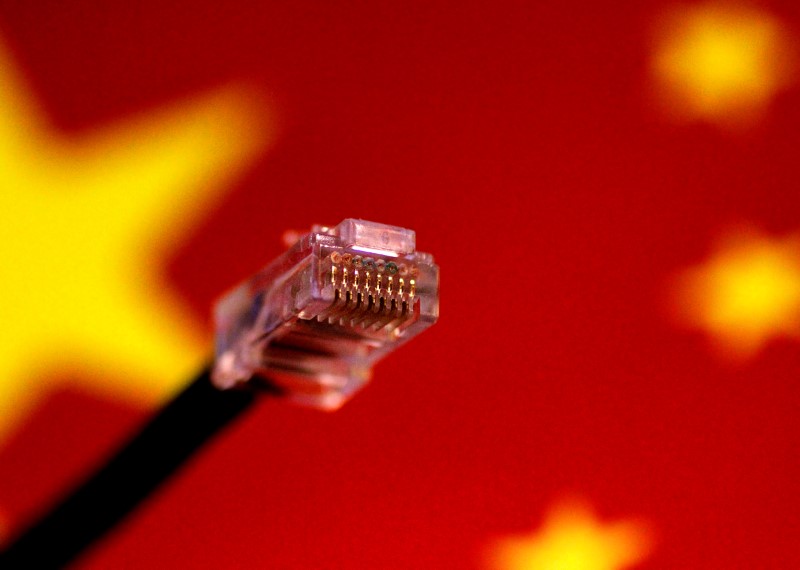By Josh Horwitz
HONG KONG (Reuters) - Chinese authorities have stepped up efforts to block virtual private networks (VPN), service providers said on Tuesday in describing a "cat and mouse" game with censors ahead of a major trade expo and internet conference.
VPNs allow internet users in China, including foreign companies, to access overseas sites that authorities bar through the so-called Great Firewall, such as Facebook Inc (NASDAQ:FB) and Alphabet (NASDAQ:GOOGL) Inc's Google.
Since Xi Jinping became president in 2013, authorities have sought to curb VPN use, with providers suffering periodic lags in connectivity because of government blocks.
"This time, the Chinese government seemed to have staff on the ground monitoring our response in real time and deploying additional blocks," said Sunday Yokubaitis, the chief executive of Golden Frog, the maker of the VyprVPN service.
Authorities started blocking some of its services on Sunday, he told Reuters, although VyprVPN's service has since been restored in China.
"Our counter measures usually work for a couple of days before the attack profile changes and they block us again," Yokubaitis said.
The latest attacks were more aggressive than the "steadily increasing blocks" the firm had experienced in the second half of the year, he added.
The Cyberspace Administration of China did not respond immediately to a faxed request from Reuters to seek comment.
Another provider, ExpressVPN, also acknowledged connectivity issues on its services in China on Monday that sparked user complaints.
"There has long been a cat-and-mouse game with VPNs in China and censors regularly change their blocking techniques," its spokesman told Reuters.
Last year, Apple Inc (NASDAQ:AAPL) dropped a number of unapproved VPN apps from its app store in China, after Beijing adopted tighter rules.
Although fears of a blanket block on services have not materialized, industry experts say VPN connections often face outages around the time of major events in China.
Xi will attend a huge trade fair in Shanghai next week designed to promote China as a global importer and calm foreign concern about its trade practices, while the eastern town of Wuzhen hosts the annual World Internet Conference to showcase China's vision for internet governance.
Censors may be testing new technology that blocks VPNs more effectively, said Lokman Tsui, who studies freedom of expression and digital rights at the Chinese University of Hong Kong.
"It could be just a wave of experiments," he said of the latest service disruptions.
(The story corrects spelling of VyprVPN in paragraphs 4&5)
